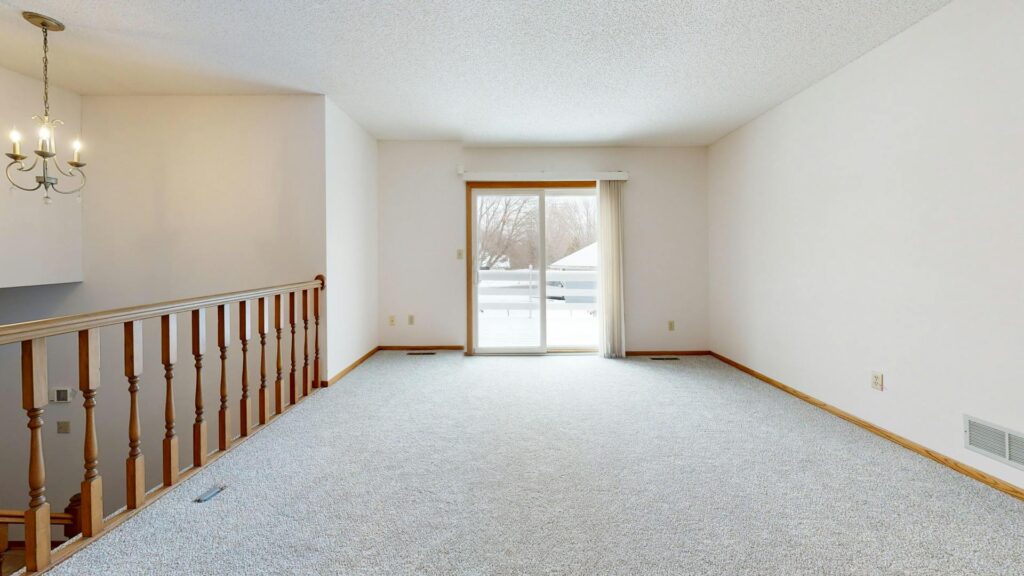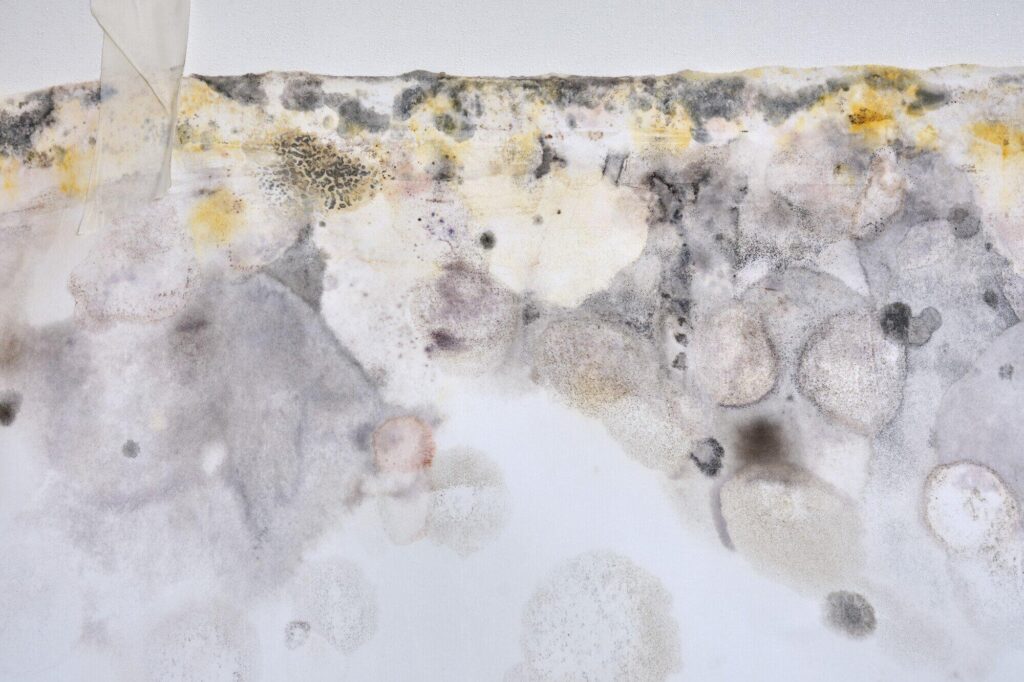Clean air makes your home healthier and more comfortable. Dust, pollen, and everyday chemicals can build up over time and make breathing harder. Poor air quality can affect your energy, mood, and overall well-being. The good news is that small, simple changes can quickly make a big difference.
Start today by checking your home and making easy adjustments for fresher, cleaner air. From improving ventilation to reducing moisture and using the right filters, there are many ways to enhance your indoor environment. Keep reading to discover practical tips that can help you breathe easier and enjoy a healthier home.
Keep Your Home Clean
Regular cleaning reduces dust, pet hair, and allergens. Vacuum carpets, mop floors, and wipe surfaces often. Wash bedding and curtains to remove dust and pollen. A clean home is the first step to better air quality.
Improve Ventilation
Good airflow helps remove stale air. Open windows when weather allows to let fresh air in. Use exhaust fans in kitchens and bathrooms to remove moisture and odors. Proper ventilation keeps air moving and reduces pollutants.
Control Humidity
Too much moisture encourages mold and dust mites. Use a dehumidifier in damp areas like basements. Keep humidity levels around 30-50 percent for comfort and health. Low humidity prevents mold growth and helps allergies.
Use Air Filters
Air filters trap dust, pollen, and other particles. Replace HVAC filters regularly for best results. Consider HEPA filters for extra protection. Clean filters improve airflow and help maintain healthy air indoors.
Reduce Chemical Exposure

Many cleaning products, paints, and aerosols release chemicals. Choose natural or low-VOC products when possible. Store chemicals in well-ventilated areas away from living spaces. Reducing chemicals helps prevent indoor air pollution.
Address Mold Issues
Mold can seriously affect air quality and health. Check damp areas like bathrooms and basements for signs of mold. Prompt mold removal keeps your home safe and improves the air you breathe.
Add Indoor Plants
Certain houseplants can naturally filter the air. Plants like spider plants, peace lilies, and snake plants absorb toxins. Place them in rooms where you spend the most time. Indoor greenery helps clean air while brightening your space.
Regular Maintenance
Keep vents, ducts, and humidifiers clean to ensure air flows freely and stays fresh. Inspect appliances that use gas or fuel, like stoves and heaters, to prevent harmful emissions. Check for leaks, cracks, or buildup that could reduce efficiency or release pollutants.
Regular home maintenance prevents problems before they affect your air and helps your HVAC system last longer. Small, consistent efforts keep your indoor environment safe, healthy, and comfortable for everyone in your home.
Simple Steps for Healthier Air
Improving indoor air quality doesn’t have to be difficult. Simple habits like cleaning regularly, ventilating rooms, controlling humidity, and using safer household products can make a big difference. Even small changes help remove dust, allergens, and harmful chemicals from your home.
By taking these steps, you can create a healthier and more comfortable living space for you and your family. Start today with easy adjustments, and enjoy fresher air and a more inviting home. Breathe easier and feel the difference in your everyday life. Expand your knowledge and check out more posts on our blog!

